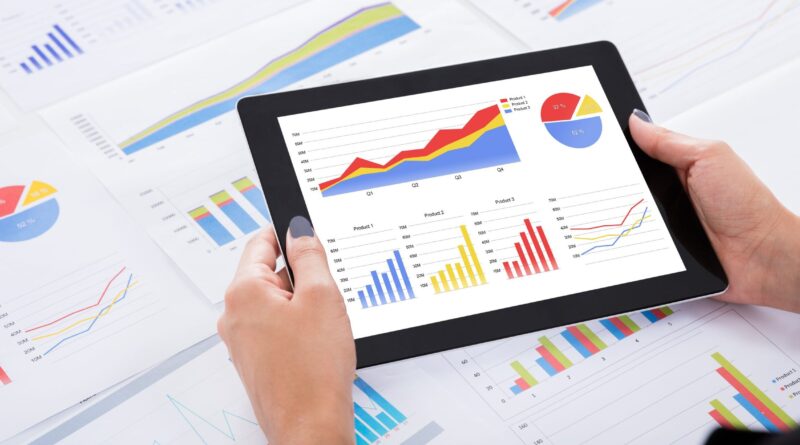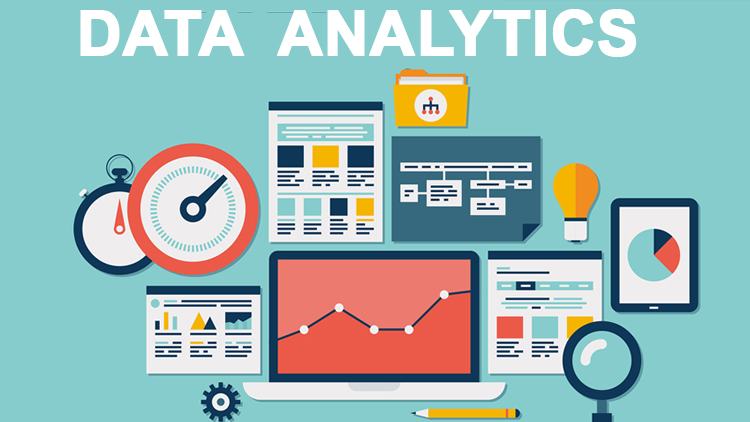Advantages of Data Analytics for your Business
In the age of digital transformation, data has emerged as the new currency, revolutionizing the way businesses operate and make decisions. Data analytics, a pivotal component of this transformation, empowers organizations to extract valuable insights from vast amounts of data. In this article, we delve into the advantages of data analytics for your Business and how it can drive success across various sectors.
- Informed Decision-Making: Data analytics enables organizations to make well-informed decisions by providing a clear understanding of past trends and current conditions. By analyzing historical data, businesses can identify patterns and correlations, which aid in predicting future outcomes. This predictive capability allows decision-makers to strategize effectively and seize opportunities while mitigating risks.
- Enhanced Operational Efficiency: Efficiency is the cornerstone of success in today’s competitive landscape. Data analytics optimizes operations by identifying bottlenecks, inefficiencies, and areas for improvement. This helps streamline processes, reduce operational costs, and allocate resources more effectively, leading to increased productivity and profitability.
- Personalized Customer Experiences: Understanding customer behavior is crucial for tailoring products and services to meet their needs. Data analytics dives deep into customer data, uncovering preferences, purchase history, and browsing habits. This information enables businesses to create personalized experiences, deliver targeted marketing campaigns, and build lasting customer relationships.
- Market Insights and Trend Forecasting: Staying ahead of market trends is essential for business sustainability. Data analytics can sift through vast amounts of market data, social media trends, and competitor activities to provide insights into emerging trends. This empowers companies to adapt their strategies to changing market dynamics and gain a competitive edge.
- Risk Management and Fraud Detection: Data analytics plays a crucial role in risk management by identifying potential threats and vulnerabilities. In sectors such as finance, it helps detect fraudulent activities by analyzing transactional patterns and anomalies. This proactive approach safeguards businesses from financial losses and reputational damage.
- Innovation and Product Development: Developing successful products relies on understanding customer needs and preferences. Data analytics fuels innovation by uncovering gaps in the market and generating ideas for new products or features. By analyzing customer feedback and market trends, businesses can refine their offerings and stay ahead in the innovation curve.
- Employee Performance Optimization: Data-driven insights extend to employee management. Analytics can assess individual and team performance, highlighting strengths and areas needing improvement. This enables organizations to provide targeted training, set achievable goals, and foster a culture of continuous improvement.
- Real-time Insights: In fast-paced industries, real-time data analytics offers a competitive advantage. With the right tools and processes in place, businesses can monitor key metrics as they change, enabling swift responses to emerging situations. This agility is invaluable in making on-the-fly decisions and seizing fleeting opportunities.
Conclusion
Data analytics is more than just a tool; it’s a transformative force that reshapes how businesses operate, strategize, and succeed. From guiding strategic decisions to enhancing customer experiences, mitigating risks, and fostering innovation, the advantages of data analytics are far-reaching and adaptable across various sectors. Embracing data analytics is no longer a luxury but a necessity for organizations aiming to thrive in the data-driven landscape.
Certainly, here’s a set of frequently asked questions (FAQs) about Data Analytics along with their concise answers:
. What is Data Analytics? Data analytics is the process of examining, cleansing, transforming, and interpreting raw data to discover meaningful patterns, insights, and trends that aid in informed decision-making.
2. Why is Data Analytics important? Data analytics helps businesses gain valuable insights from their data, enabling them to make informed decisions, identify opportunities, improve efficiency, and enhance customer experiences.
3. What are the types of Data Analytics? There are three main types of data analytics: descriptive (summarizing historical data), predictive (forecasting future outcomes), and prescriptive (offering solutions and recommendations).
4. What is the Data Analytics process? The data analytics process involves defining objectives, data collection, data preprocessing, analysis, interpretation, and finally, making informed decisions based on the insights gained.
5. What are the common challenges in Data Analytics? Challenges include data quality issues, data privacy concerns, managing large datasets, selecting appropriate analytical techniques, and translating insights into actionable strategies.
6. What skills are needed for Data Analytics? Data analysts require skills in programming languages (Python, R), data manipulation, statistical analysis, data visualization, and domain knowledge to interpret results effectively.
7. What’s the difference between Data Analytics and Data Science? Data analytics focuses on extracting insights from data to answer specific questions, while data science involves a broader scope, including data collection, cleaning, feature engineering, and building predictive models.
8. How is Big Data related to Data Analytics? Big Data refers to the massive volume of data that can’t be effectively processed using traditional methods. Data analytics techniques are used to analyze and extract valuable insights from Big Data.
9. What role does Machine Learning play in Data Analytics? Machine Learning is a subset of data analytics that involves using algorithms to build models that can learn from data and make predictions or decisions without explicit programming.
10. How does Data Analytics benefit businesses? Data analytics provides businesses with insights to optimize operations, improve customer experiences, reduce risks, identify market trends, drive innovation, and enhance decision-making processes.
11. What industries benefit from Data Analytics? Virtually every industry can benefit from data analytics, including finance, healthcare, retail, manufacturing, marketing, telecommunications, and more.
12. What’s the future of Data Analytics? The future of data analytics involves advancements in AI and machine learning, increased automation, real-time analytics, and improved tools for handling unstructured data sources like images and text.
13. How does Data Analytics address privacy concerns? Data anonymization, encryption, strict access controls, and compliance with data protection regulations (such as GDPR) help address privacy concerns while conducting data analytics.
14. What are some popular Data Analytics tools? Popular tools include Python (with libraries like Pandas and Scikit-Learn), R, SQL for data manipulation, Tableau and Power BI for data visualization, and Hadoop/Spark for Big Data processing.
15. Can small businesses benefit from Data Analytics? Yes, even small businesses can benefit from data analytics. It helps them gain insights into customer preferences, optimize inventory, tailor marketing strategies, and improve overall operations.
These FAQs provide a broad overview of data analytics and its various aspects. As the field continues to evolve, staying informed about the latest trends and tools is essential for maximizing its benefits.





